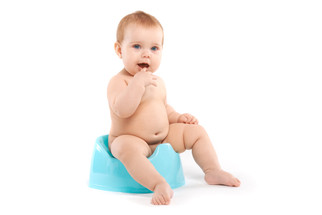Sep 16th 2020
Making Ethical Choices For Your Baby
Choosing what's right for you and your baby

Research has found that parents spend on average 37 hours a week worrying about their children. When you are a new parent, sometimes this can be overwhelming. 48% of parents say that they are concerned that they will be judged when making important and ethical choices. As a parent, you will have to decide about feeding and clothing your baby, which diapers to use and when to start potty training. Whatever you choose, the most important thing to remember is to trust your instinct and go with what you feel is right for you and your family.
Bottle or breast?
Health professionals generally consider that breastfeeding your child is best, but however you feed your child, it is all an important part of bonding. Nobody should ever be judged for bottle-feeding their baby — there are numerous reasons why you would do so. The only thing that you should make sure is that the bottles you are using are BPA-free. BPA is an industrial chemical that has been linked to numerous health problems from diabetes and obesity to certain forms of cancer. Check the labelling on your baby bottles and look for a BPA-free alternative.
Disposable or reusable diapers?
In their first year, your little newborn bundle will get through 2,500 diapers. If you are using disposable nappies, these are thrown out with the trash, which does have environmental consequences. The alternative is to use reusable cloth diapers. You would need to purchase 24-36 diapers if you are planning on washing them twice a week, using around 100 gallons of water. For many new and exhausted parents, this may get to be too much on top of all of the other laundry that a small baby generates. You don’t have to choose one diaper option or the other, you can use a combination. The most important thing is ultimately that your baby is clean and comfortable.
When to potty train
Some children actively show signs that they are ready to potty train when they are 18 months old. Others may not be ready until they are 3. Forcing the issue with a child that is physically not ready will ultimately cause more stress than it’s worth. There is no right or wrong answer to when a child is ready to potty train — you need to do what feels right for your family.
A parent should never feel judged for the ethical choices that they make for their baby. The most important thing is that they are loved, happy and cared for.
Author: Jennifer Turney


